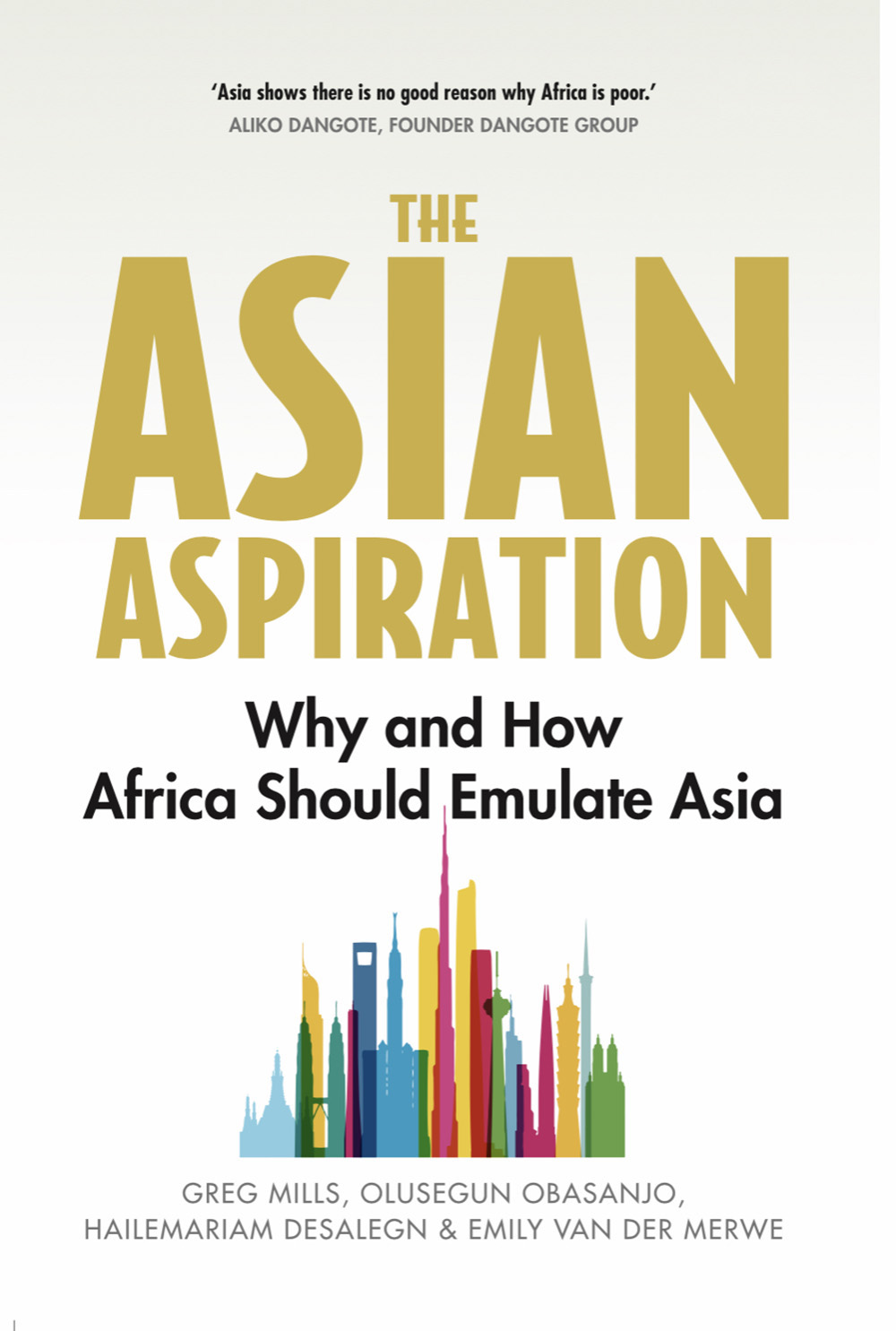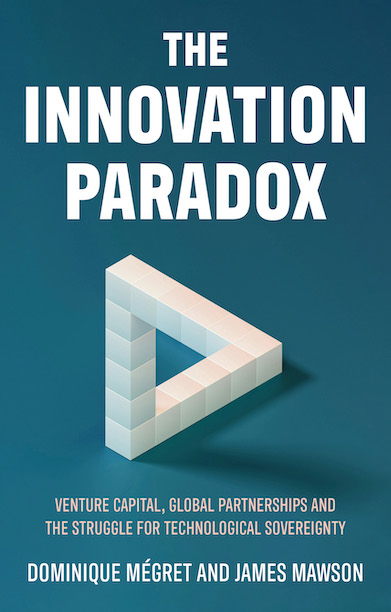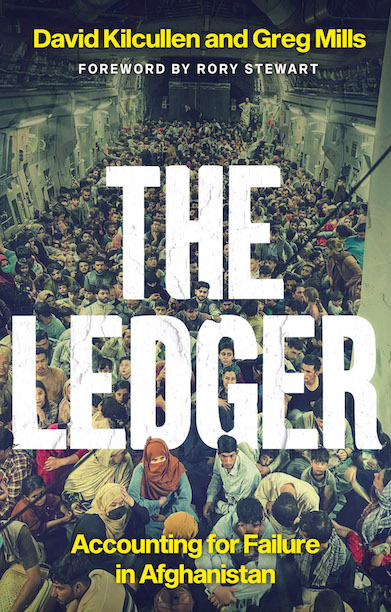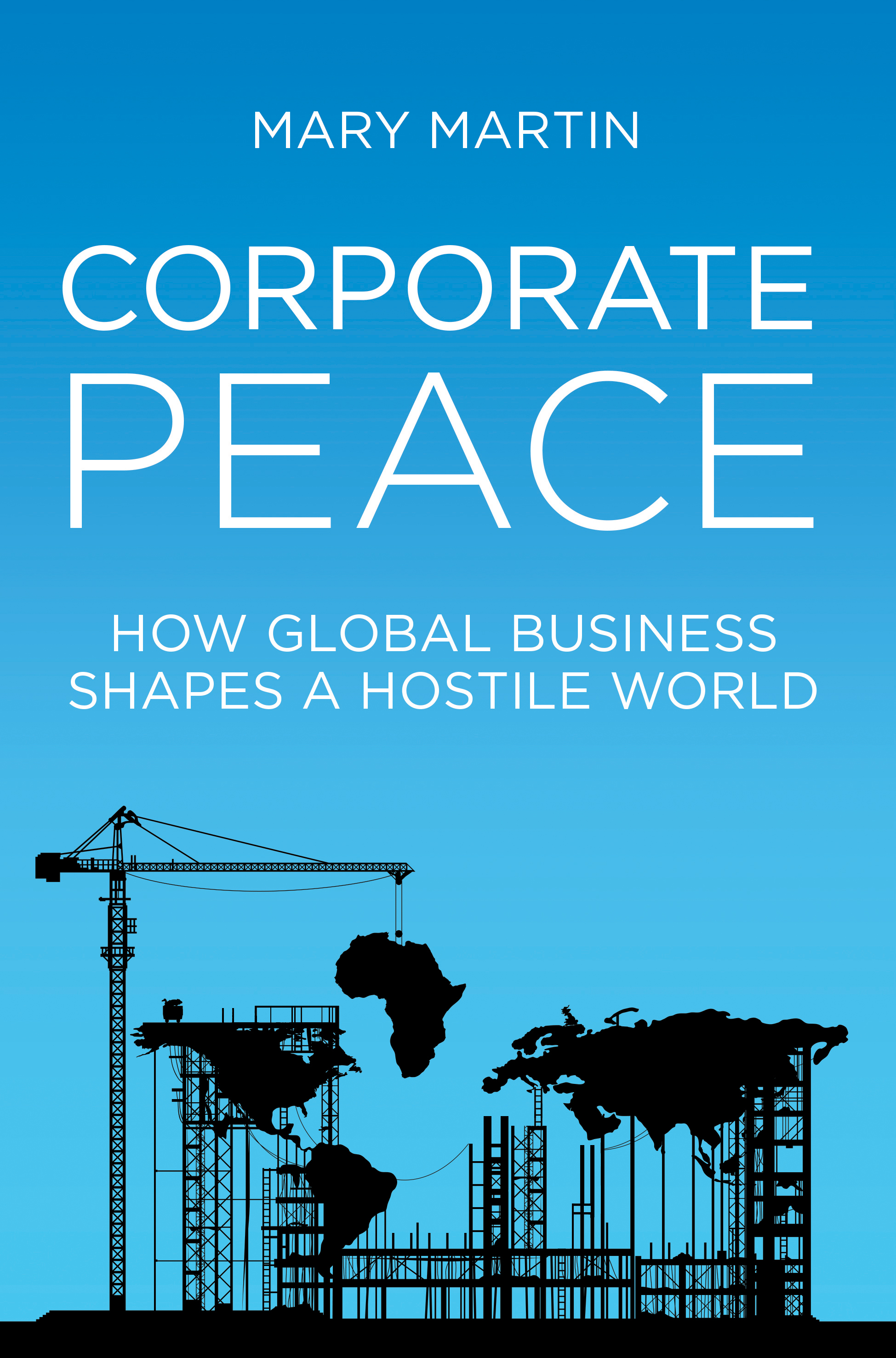Description
In 1960, the GDP per capita of Southeast Asian countries was nearly half that of Africa. By 1986 the gap had closed, and today the trend is reversed, with more than half of the world’s poorest now living in sub-Saharan Africa.
Why has Asia developed while Africa lagged? The Asian Aspiration chronicles the continent’s stories of explosive growth and changing fortunes: the leaders, events and policy choices that lifted a billion people out of abject poverty within a single generation, the largest such shift in human history.
The relevance of Asia’s example comes as Africa is facing a population boom, which can either lead to crisis or prosperity; and as Asia is again transforming, this time out of low-cost manufacturing into hi-tech, leaving a void that is Africa’s for the taking. Far from the optimistic determinism of ‘Africa Rising’, this book calls for unprecedented pragmatism in the pursuit of African success.
Table of contents
Contents
Introduction: The Asian Aspiration
PART ONE: CASE STUDIES FROM ASIA
Chapter 1: Japan: The Power of Example and Innovation
Chapter 2: Taiwan: The Subcontractor
Chapter 3: Singapore: Have a Good Crisis
Chapter 4: South Korea: Incentivising Competitiveness
Chapter 5: The Philippines: Beware Elites
Chapter 6: Malaysia: Managing Diversity
Chapter 7: Indonesia: The Cost of Corruption, the Benefits of Growth
Chapter 8: Thailand: Closed Politics, Open Tourism
Chapter 9: China: Cats, Mice and Cement
Chapter 10: Vietnam: Making Better Development Choices
PART TWO: FIVE KEY LESSONS FOR SUCCESS FROM ASIA
Chapter 11: The Premium of Leadership and Institutions
Chapter 12: Don’t be a Prisoner of the Past
Chapter 13: Get the Basics Right for Growth
Chapter 14: Build and Integrate
Chapter 15: Open Up to Keep Control
CONCLUSION
What if Lee Kuan Yew was African?
‘Jambo Express’ 299
Notes 301
Index 321
Reviews
‘Unlike most of the recent books vaunting the economic success of East Asia relative to Africa, this one does not limit its Asian examples to China, South Korea, and Taiwan; the authors also discuss poorer countries, such as Indonesia, Malaysia, and Vietnam, whose history and pas economic policy failures make their recent successes more instructive for African countries.’ — Foreign Affairs
Author(s)
Emily van der Merwe is an economist at the Brenthurst Foundation.
Hailemariam Desalegn was prime minister of Ethiopia.
Olusegun Obasanjo was president of Nigeria (1999–2007) and chairperson of the African Union (2004–6).

Greg Mills, Director of the Brenthurst Foundation, has advised African governments, and served in Afghanistan with COMISAF. His books with Hurst include Why States Recover.






